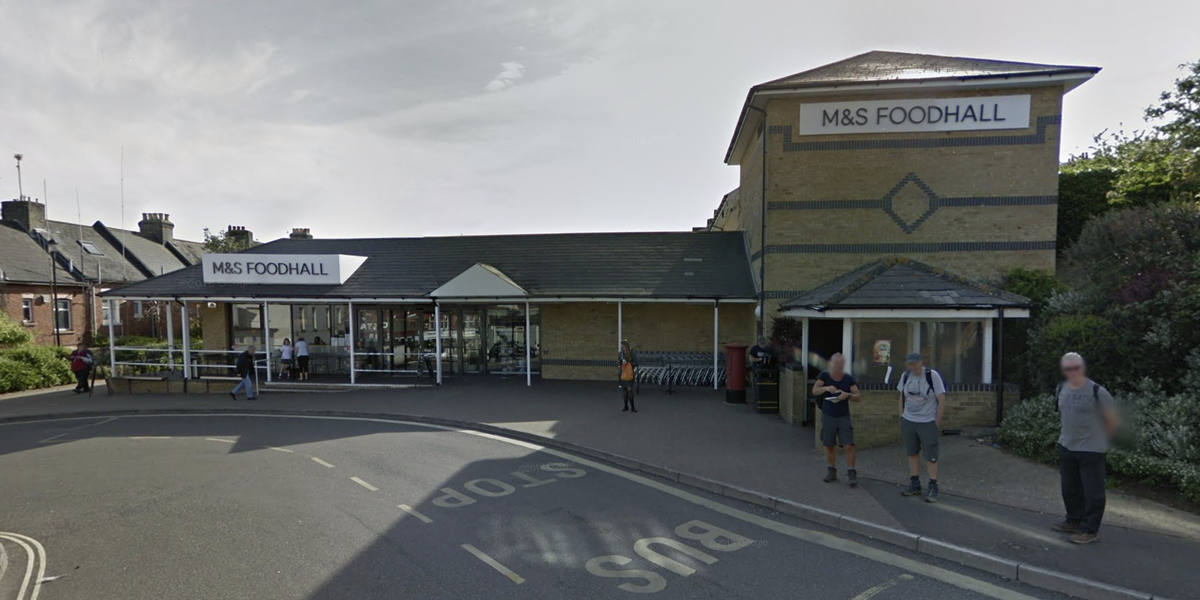A mother-of-three who was hospitalized with E.coli after she ate carrots at the center of a nationwide recall has filed a lawsuit against the produce’s distributor.
Melinda Pratt, 40 and from Savannah, Georgia, was rushed to the emergency department in October after experiencing bloody diarrhea, nausea and vomiting for two weeks.
She was kept in the hospital for three days, while doctors treated her symptoms and tested her for E.coli. She tested positive.
Ms Pratt believes she contracted the bug from Grimmway Farms’ Bunny-Luv Fresh Organic carrots that she bought from her local Sam’s Club and eaten at the end of September.
Grimmway Farms issued a recall of nearly seven dozen types of carrot products last week after they tested positive for E.coli.
Now, she is filing a lawsuit against the company. In court filings shared with DailyMail.com, Ms Pratt accuses the company of negligence and failing to keep its customers safe.
Thousands of packages of carrots sold in major stores, including Trader Joe’s, Walmart, Whole Foods and Target, have been recalled and at least 39 people have been sickened across 18 states.
Ms Pratt is one of the 15 people who have been hospitalized. One person has died.
Melinda Pratt, pictured above and from California, filed a lawsuit after she became sick after eating Bunny-Luv carrots. These have recently been recalled over E. coli contamination
This recall is just the latest to rock the US, after McDonald’s had to stop serving Quarter Pounders at 900 of its restaurants last month amid an E.coli outbreak.
That outbreak sickened at least 104 people, and led to 34 hospitalizations and one death. At least two people have suffered from serious kidney complications.
Additionally, more than 150,000 bottles of water sold in Virginia, West Virginia and Maryland were also recalled last week after they were found to contain E.coli.
Tests revealed Ms Pratt was infected with a Shiga toxin-producing strain of E.coli, which can cause permanent damage to the kidneys and death.
Ms Pratt told NBC News her stomach pain felt like ‘somebody getting stabbed in the stomach repeatedly and not stopping.
‘I genuinely thought at some point that I was slowly dying.’
Now, Ms Pratt wants Grimmway Farms to pay for her medical bills and compensate her for pain and suffering because she thinks her experience ‘seems like it could be simple to be prevented.’
She told NBC her bills total approximately $20,000 because she was treated at an out-of-network hospital.
Her attorney Ron Simon said: ‘Through this and other lawsuits we are going to make sure that all of the victims are fairly and fully compensated for their injuries.
‘And that Grimmway Farms takes steps to prevent this from ever happening again.’
While Ms Pratt’s is the first lawsuit, MR Simon said he representing six other clients with illnesses that could be tied to the recall.
He added: ‘Any consumer still in possession of any of these carrots should dispose of them immediately and contact their doctor if experiencing symptoms of E. coli infection.’

Ms Pratt is pictured above with her family. She said she was hospitalized for three days after struggling with the illness for two weeks

The above picture shows the type of organic carrots Ms Pratt purchased and ate before becoming ill
It is not clear how Grimmway Farms’ carrots became contaminated, but experts say this can happen if they are watered with feces-contaminated water — which can harbor the bacteria.
The company recalled the produce Saturday, saying they had a sell-by date of up to November 12.
They have already been pulled from store shelves, but FDA experts fear some may still be lurking in consumers refrigerators and freezers.
People have been urged not to eat the carrots, and to throw them out immediately or return them to sellers for a full refund.
Grimmway Farms President Jeff Huckaby said: ‘We take our role in ensuring the safety and quality of our products seriously.
‘The health of our customers and the integrity of our products are our highest priorities, and we are conducting a thorough review of our growing, harvest and processing practices.’
He added: ‘Our food safety team is working with our suppliers and health authorities.’
Dana Brennan, vice president of external affairs and corporate responsibility at Grimmway Farms, said the company does not comment on ongoing legal cases, but added: ‘We are taking this matter seriously and conducting a thorough review of our operations consistent with our ongoing commitment to providing customers with safe, high-quality produce.’

A graphic shows several of the more than 70 organic whole and baby carrots recalled
Infections have been reported in Washington, Oregon, California, Wyoming, Colorado, Texas, Missouri, Arkansas, Michigan, Ohio, Pennsylvania, New Jersey, Virginia, North Carolina, South Carolina and Massachusetts.
Organic baby and whole carrots have been included in the recall, which has affected many grocery stores including Trader Joe’s, Whole Foods and Walmart.
The baby and whole carrots were sold under the following major brand names: Whole Foods’ 365, Target’s Good and Gather, Walmart’s Marketside and Trader Joe’s and Wegmans own carrots.
Other brand names included: Bunny-Luv, Cal-Organix, Compliments, Full Circle, GreenWise, Grimmway Farms, Nature’s Promise, O-Organic, President’s Choice, Raley’s, Simple Truth, Sprouts and Wholesome Pantry.
Some do not have a best-by date printed on the packaging and others have best-by dates of September 11 through November 12.

The above map shows where people have been sickened by the E.coli-ridden carrots. New York, Washington and Minnesota are major hotspots
E.coli infects up to 95,000 people and kills 100 in the US every year, estimates suggest, most of whom catch the micro-organism from their food.
It can survive the stomach acid and enter the intestines, where the toxins it releases damage the lining of the intestines causing diarrhea and loose stool.
E.coli can also enter the bloodstream, where it destroys red blood cells that can block the kidneys — causing damage and leaving them struggling to filter the blood.
Patients often become infected after eating food contaminated with the bacteria, and their illness can last for at least a month.
Treatment includes antibiotics to kill the E.coli and bed rest to help the body fight off the disease.












